Gearing up for your 30s may seem intimidating. During your 20s, you’re experiencing a lot of changes to both your mind and body. In your mid to late 20s, you may find that you’re more affected by alcohol and that you have a more difficult time getting through your day if you’ve had a difficult sleep.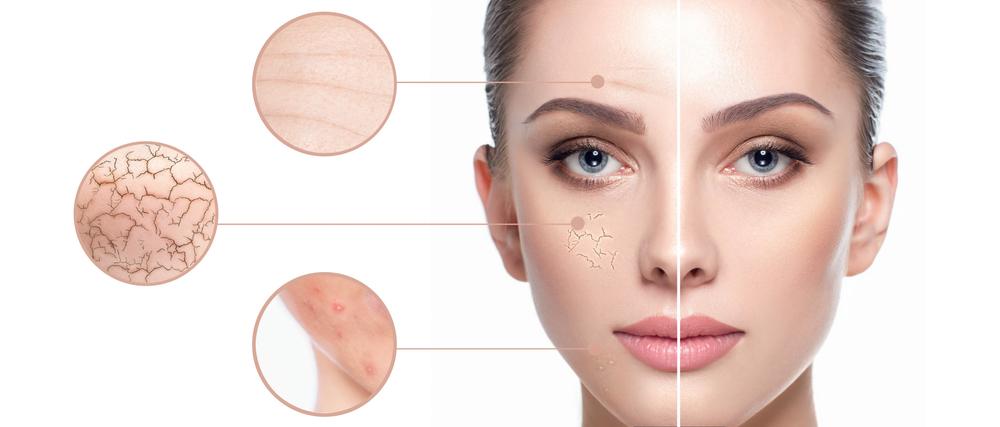
Your skin, the largest organ in your body, often takes the brunt of all these changes. You may see some pretty significant changes as you approach and throughout your 30s.
Stress, sun damage, and the natural loss of collagen over time can all make your skin appear duller, saggy, and older. The best way to maintain your skin’s youthful and healthy appearance is to get into a consistent skincare regimen with high-quality products.
What Happens to Your Skin as You Age?
1] It Begins to Dry Out
Your body is covered in little glands called sebaceous glands that produce a natural oil called sebum. This oil is meant to retain moisture and provide protection to your skin.
As you get older, however, your body begins to produce less sebum. This results in your skin drying out, which usually feels tight and tends to be flaky, and is one of the most common signs of aging.
2] It Begins to Appear Dull
Your body performs a process called cell turnover. This means that it sheds old, dead skin cells on the surface of your skin so that the new, brighter-looking skin cells can come to the surface.
Aging slows down the process, which means that your skin appears duller since old skin cells stay on the surface of your skin for longer.
3] Hormonal Changes Cause Acne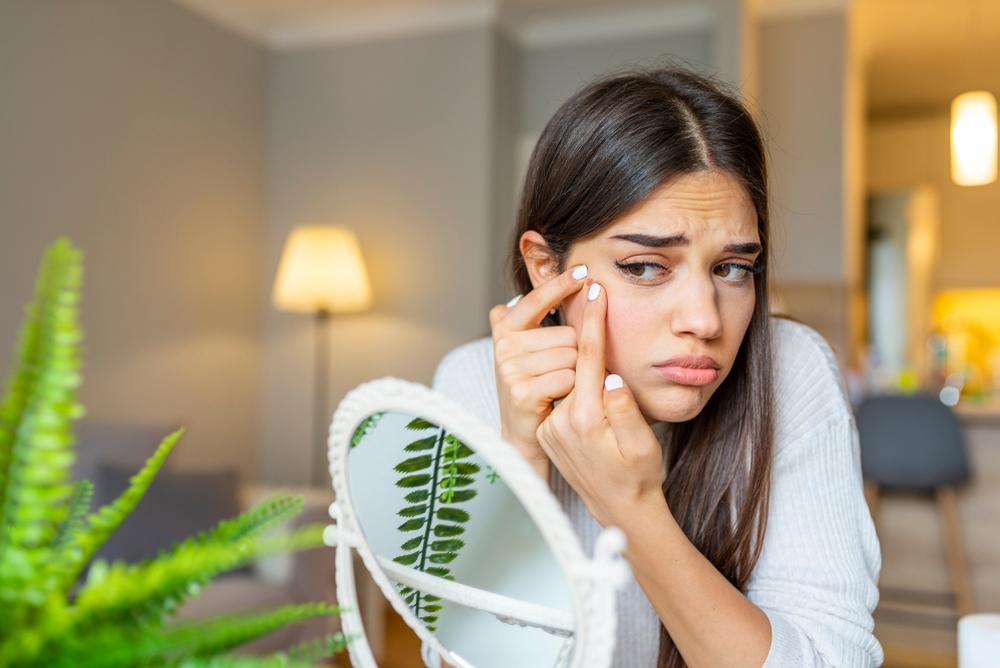
If you thought your struggle with acne was over in your 20s, then think again. Aging affects the production of hormones in your body, which can result in changes to your skin.
Your body might begin to produce more androgens, a type of hormone that may cause an excess of the production of sebum on your face, particularly along the jawline. You should use the best natural products for acne as it is an effective way to reduce and prevent breakouts. Additionally, natural products can provide long-term results without the harsh side effects of synthetic acne treatments.
4] Your Skin Is More Sensitive
The reduction of sebum produced by your body doesn’t just dry out your skin. It also removes that protective barrier that sebum provides.
You’re likely to experience much more skin sensitivity as you hit your 30s because of this. You may find that products you once loved now cause reactions to your skin.
5] Your Skin Begins to Wrinkle
Your skin is made up of a protein called collagen. As you get older, your body begins to produce less of this protein.
Collagen is what allows your skin to maintain its firmness and elasticity. As your body makes less of it, you may notice that more fine lines are present around your face.
How to Take Care of Your Skin After Your 30s
1] Wash Your Face Daily
As you go about your daily life, grime, sweat, and oil build-up on your face, you must make time in your day to wash your face and get rid of this build-up to maintain healthy-looking skin.
Aim to wash your face as part of your nightly routine before you go to bed, as well as your morning routine to wash off the build-up of oils and sweat that occurs throughout the night.
Consider using a facial cleansing oil if you wear makeup and sunscreen regularly. Oil facial cleansers do an exceptional job at removing water-based, oil-based, and waterproof products. They do this while simultaneously protecting the skin’s natural lipid layer and all the good bacteria that live in it.
2] Moisturize
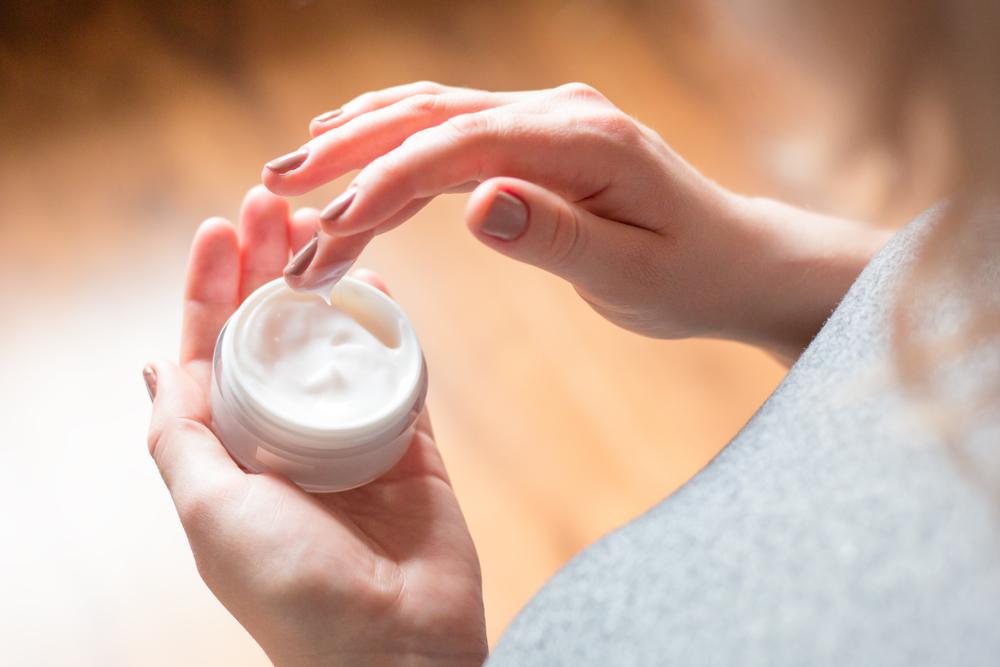
One of the most effective methods to maintain the structural integrity of your skin is by incorporating a daily and nightly moisturizing routine using the best face moisturizer available. By consistently providing your skin with the necessary hydration, you can significantly enhance its overall health and appearance. Moisturizing your skin on a regular basis is crucial as it serves multiple vital purposes. As part of your morning and night skincare regimen, moisturize your face after you wash it.
Look for moisturizers that contain ingredients like retinoids and glycerin, which will help keep your skin hydrated and provide it with a protective barrier.
If you suffer from a flare-up of eczema or another dermatological condition it’s important for you to procure the best eczema cream possible to deal with the problem. If you don’t, it could just get worse and spread to other areas of your body. Moisturizing is always important, but sometimes you need that little bit more to make a difference.
3] Wear Sunscreen
UV rays from the sun penetrate your skin and cause damage to the cells. This can make you look older faster.
To help mitigate this damage, look for quality sunscreens to apply to your face with an SPF of 30 or above. And remember to apply sunscreen every day, including winter.
4] Use Anti-Wrinkle Creams
Beyond moisturizing, you may want to look into some of the best anti-wrinkle creams available on the market to help you, too.
Creams like Musely the Spot Cream will also help reduce the appearance of dark spots due to aging and maintain your skin’s youthful look.
- Eat a Healthy Diet
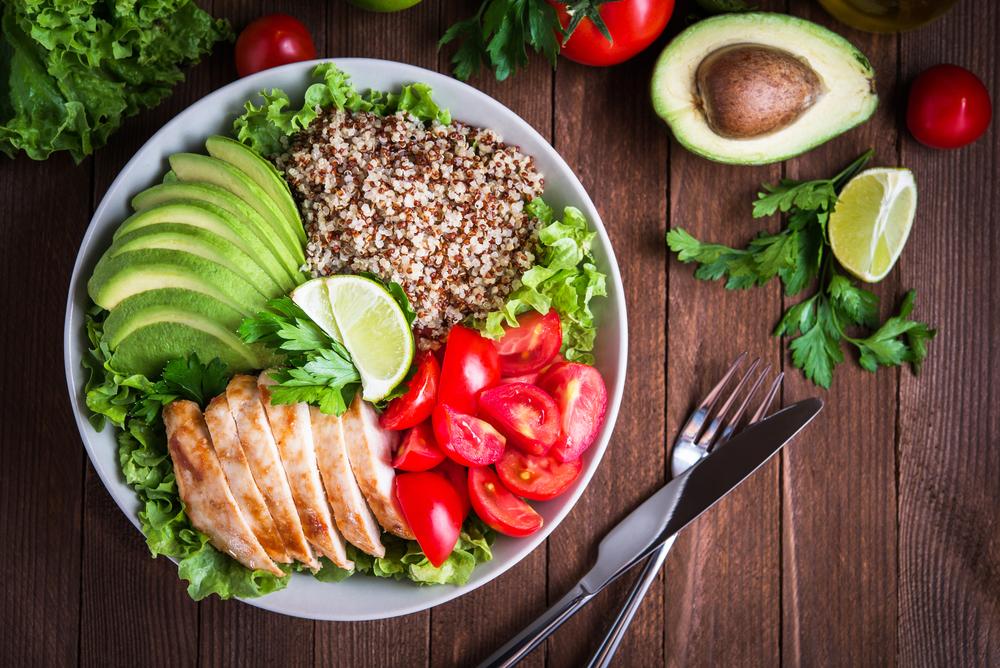
What you put into your body has a huge effect on how it performs and looks. If you’re consuming a lot of unhealthy foods, then your body isn’t going to be able to work to the best of its ability.
Make sure to eat a diet with plenty of protein, and lots of antioxidants. Foods like broccoli, spinach, berries, and citrus fruits all contain antioxidants that protect your skin from free radicals. They’ll also offer you the vitamins for healthy skin you need.
6] Stay Hydrated
Drinking water throughout the day isn’t just important for your physical health. It also helps your skin stay healthy and clear since it provides your skin with the moisture it needs.
Drinking a lot of sugary drinks or alcohol will make your skin look older faster. Consider replacing these beverages with some water instead.
7] Get Enough Good Sleep
To prevent yourself from looking haggard and exhausted, as well as to maintain the appearance and health of your skin, aim to get your 7 to 8 hours of uninterrupted sleep every night.
Since sleeplessness can cause common signs of aging like dullness of the skin and can affect your production of hormones, it’s crucial to get a good night’s sleep if you want healthy skin.
- Exercise Regularly
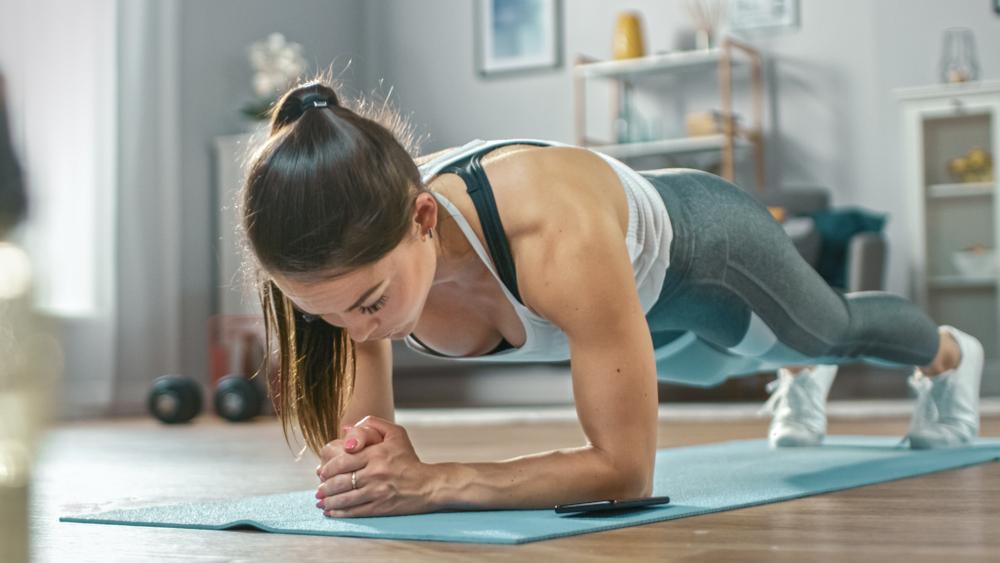
Getting in at least around 30 minutes of movement every day will help your skin look brighter and clearer.
Healthy amounts of exercise will increase your overall health, as well as encourage the production of feel-good endorphins. And don’t worry—you don’t even have to do anything too strenuous. Even a brisk walk once a day is a great way to get in some exercise.
Conclusion
It’s normal for the skin to look duller, dry out, and show serious signs of aging as you get older. But that doesn’t mean there isn’t anything you can do to help combat this. Invest in the best anti-wrinkle creams you can find, for instance, which will help significantly.
You should also make sure you’re getting enough sleep, exercise, protecting your skin with sunscreen, and eating a diet rich in vitamins for healthy skin. By doing all of this, you’ll ensure that your skin is well-cared for and maintains a youthful, glowing appearance.
Hi Raki,
This is such great post you wrote about skincare after 30s!! I am 32 years old and I am definitely starting to notice that my skin isn’t as elastic as it used to be 🙁 You mentioned about the Musely cream which I will look up on. May I know which brand would you recommend for anti-wrinkle purpose? I heard Lilyana’s retinol cream is good for anti-aging. https://sowourplanet.com/lilyana-retinol-cream/
Your help is much appreciated.
Rosie
Doctor Motian selling energetic participation of personnel in fitness sports Encouraging non-public improvement workplace fitness promotion is visible inside the ecu network Luxembourg declaration as a contemporary corporate approach which objectives at stopping unwell-fitness at paintings and enhancing health promoting potential and nicely-being within the personnel. https://motian.org/